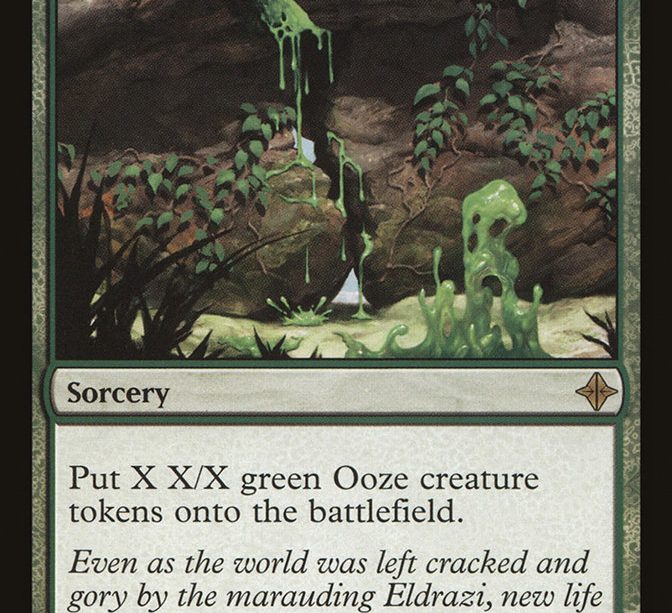The Importance of Roe in Culinary Arts and Sustainability

Introduction
Roe, the eggs of fish and marine animals, is considered a delicacy in various cultures around the globe. With its rich flavor and unique texture, roe has gained immense popularity in the culinary arts. However, its significance extends beyond flavor, as it also raises pressing questions about sustainability and marine conservation. Recent trends in its consumption highlight the need for a balanced approach to enjoying this delicacy while protecting marine ecosystems.
The Culinary Appeal of Roe
Roe is harvested from different species, including salmon, sturgeon, and lumpfish, each offering distinct tastes and textures. In gourmet dining, roe is often served as a topping or ingredient in many dishes, contributing a burst of flavor that elevates the dining experience. Iconic examples include caviar, which comes from sturgeon roe, and ikura, from salmon. The rising interest in culinary experimentation has encouraged chefs to incorporate roe in innovative ways, further popularizing this ingredient.
Sustainability Concerns
As demand for roe continues to grow, so do concerns about overfishing and ecological impact. Many species that produce valuable roe are facing population decline due to overexploitation and habitat destruction. For instance, sturgeon populations have dramatically decreased, leading to regulations on caviar production. The emergence of sustainable aquaculture practices provides a viable solution, allowing for the responsible production of roe without harming wild populations.
Regulatory Framework and Responsible Consumption
To address the challenges posed by roe consumption, various international agreements and organizations are in place to regulate trade. The Convention on International Trade in Endangered Species of Wild Fauna and Flora (CITES) plays a crucial role by enforcing strict regulations on the trade of endangered species, including sturgeon. Additionally, consumers are encouraged to seek sustainably sourced roe and support brands that prioritize responsible fishing practices.
Conclusion
The appreciation for roe in culinary pursuits is undeniable, but this delicacy comes with a responsibility to ensure its sustainability. As consumers become more aware of the ecological implications of their food choices, the demand for ethically sourced roe is likely to increase. Chefs and culinary enthusiasts alike must stay informed about sustainable practices and support initiatives that protect marine environments. By doing so, we can continue to enjoy the unique flavors of roe while safeguarding our oceans for future generations.


